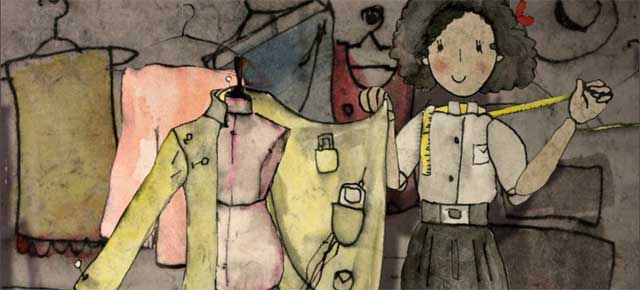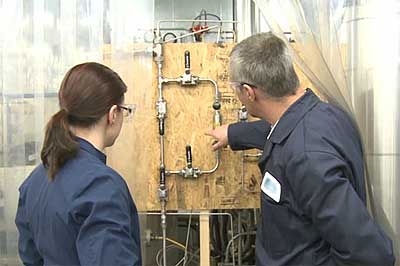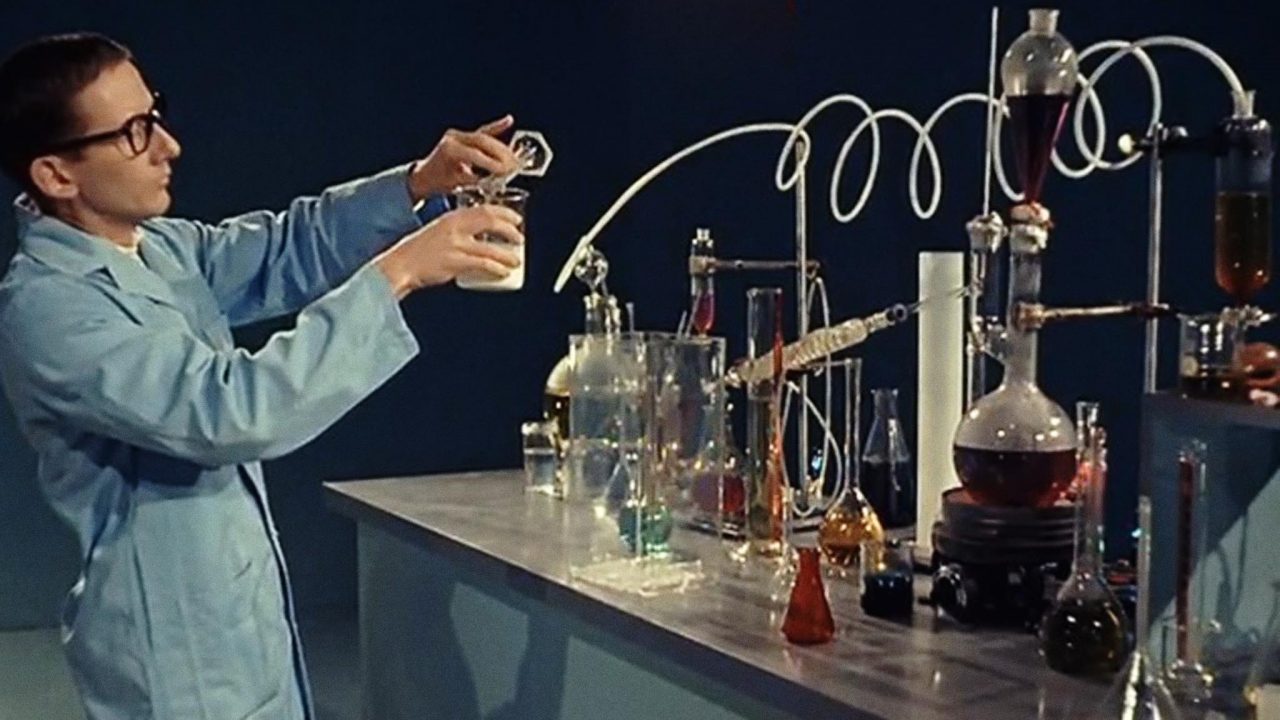
Exploring the impact of the petroleum industry
Exploring the impact of the petroleum industry
Kevin Nielsen is an Ontario Certified Teacher who supports NFB science and technology educational resources. He places a great deal of emphasis on inclusive classrooms that engage students through discovery learning, open dialogue, and the use of technology. In an ever-changing and dynamic world, Kevin believes that it is important for students to become socially and environmentally conscious in addition to acquiring the concepts prescribed by Canadian curriculums.
Exploring careers in the oil industry
Today more than ever, the petroleum industry has taken centre stage in a variety of discussions. Concerns over global warming, the ethics of transporting oil, and the industry’s enormous economic impact are but a few of the important issues being raised. Many of the films in the Cool Careers series of shorts, now available on CAMPUS, tackle these topics head-on as they connect to the oil industry in Canada; while others provide educators with a springboard to related subjects.
It is undeniable that the petroleum industry can create tremendous economic opportunities for countries and corporations that are able to capitalize on it, however we are currently seeing how a downturn in the oil market can also affect world economies. Teachers can use the career showcase films to explore the intricate and complex relationships that exist between the industry, science, and society. As you can see in films like Cool Careers: Chemical Engineer – What Do You Do? and Environmental Advisor, these careers will also highlight the importance of science and mathematics education for students hoping to find work in the related fields of engineering, research, construction, and countless others.
Spark the conversation on petroleum consumption
Of course, society’s reliance on oil has raised daunting challenges and concerns for the scientific community. The US Energy Information Administration (an excellent source for petroleum statistics) estimates that Canadians alone consumed approximately 2,390,000 barrels of petroleum daily in 2013. That’s 380 million litres of crude oil a day! With America consuming almost eight times as much, it should be obvious that this is no small issue. Use these Mindfuel shorts to spark conversations with your students about how and why devising ways to reduce, eliminate or counteract this global problem is important. Show students that one innovation can have a large impact (e.g., high-efficiency lighting, hybrid vehicles, solar panels, etc.) and that reclamation and naturalization efforts are key means of restoring balance to our ecosystems.
Understanding combustion of petroleum
Since the primary source of power, pollution, and consumption in the oil industry is combustion, it is important for students to understand what this process entails. Many of the films in this collection are useful in demonstrating the basic principles of combustion and related topics. For example, Do You Know What Carbon Capture and Storage Is? is a great film to tie together various subjects, including combustion, as well environmental impact and the chemical/physical properties of matter.
The content of these films is suitable for students in a fairly broad age range, from 8 to 17—but all students have been affected by the petroleum industry. Do they ride the bus to school every day? Is their lunch packed in a plastic container? Where does the power for the lighting in their school come from? How is the school heated in the cold winter months? Each of these questions can lead to a complex discussion ranging from subjects such as the chemical properties of petroleum to the economic benefits it can offer. Use these thought experiments to help students become socially and environmentally conscious citizens with highly developed critical-thinking skills.





